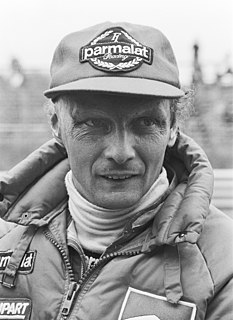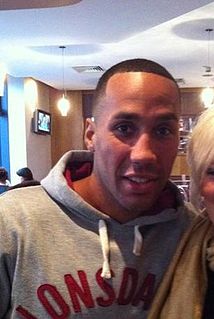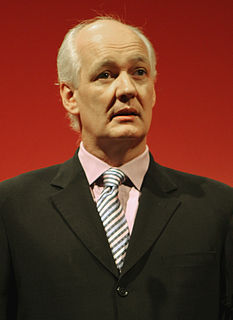A Quote by W. E. B. Du Bois
My great-grandfather fought with the Colonial Army in New England in the American Revolution.
Related Quotes
There they lived on, those New England people, farmer lives, father and grandfather and great-grandfather, on and on without noise, keeping up tradition, and expecting, beside fair weather and abundant harvests, we did not learn what. They were contented to live, since it was so contrived for them, and where their lines had fallen.
Most people, when they imagine New England, think about old colonial homes, white houses with black shutters, whales, and sexually morbid WASPs with sensible vehicles and polite political opinions. This is incorrect. If you want to get New England right, just imagine a giant mullet in paint-stained pants and a Red Sox hat being pushed into the back of a cruiser after a bar fight.
I grew up in Skaneateles, a small town in New York's Finger Lakes region, where parts of my family have lived for five generations. I can walk the streets there and point out my father's childhood home, the houses my grandfather built, the farm where my great-great-uncle worked after he emigrated from England in the 1880s.






































